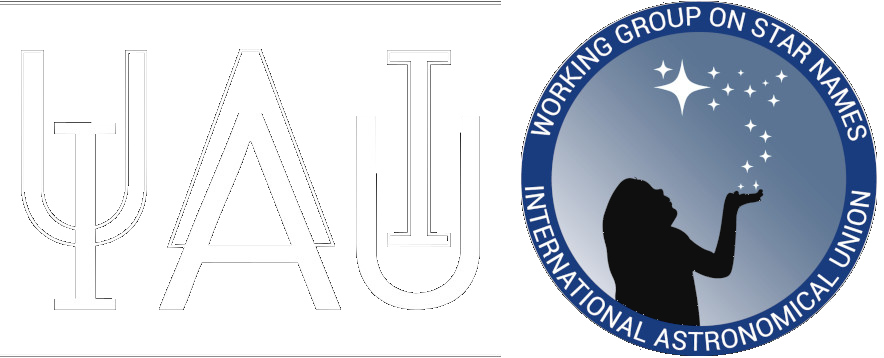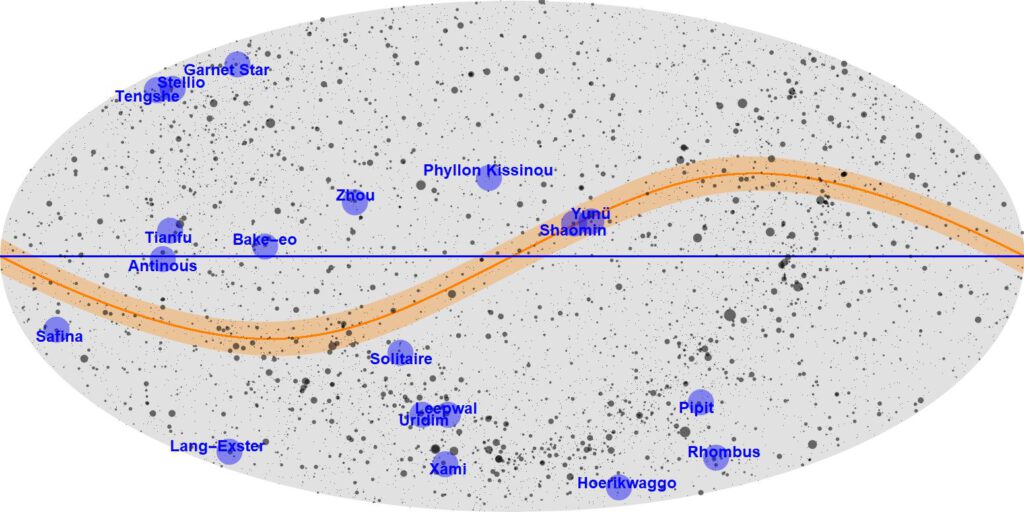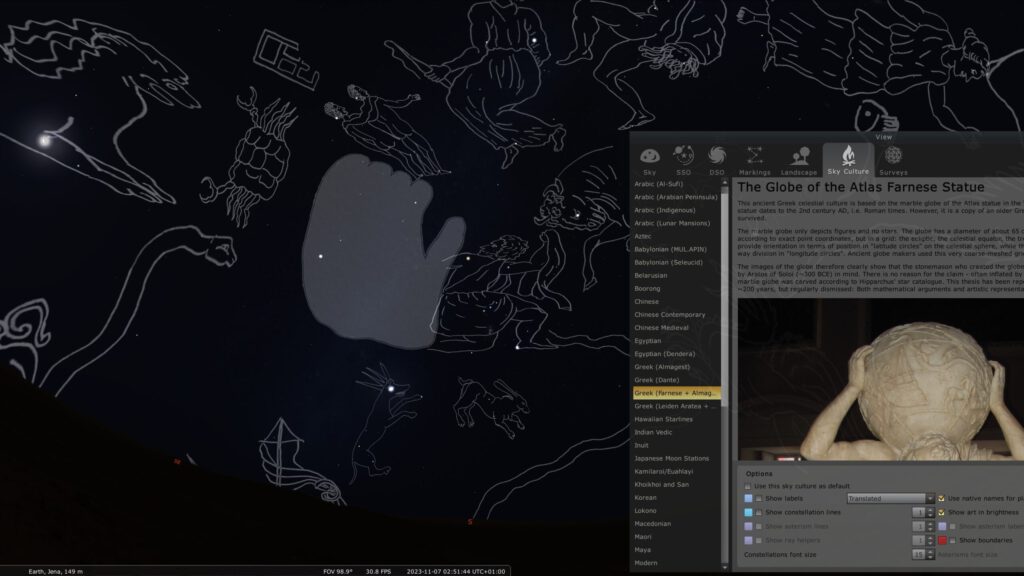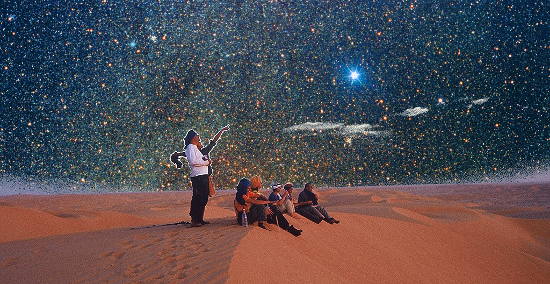Names Released 2025
A few highlights of 2025: we released exactly 40 new star names and created info cards for them which were posted on our social media channels. The above lists show a random selection. of names with the images of them produced for the public. The distribution of the names we adopted from January to November…
Read more










Recent Comments